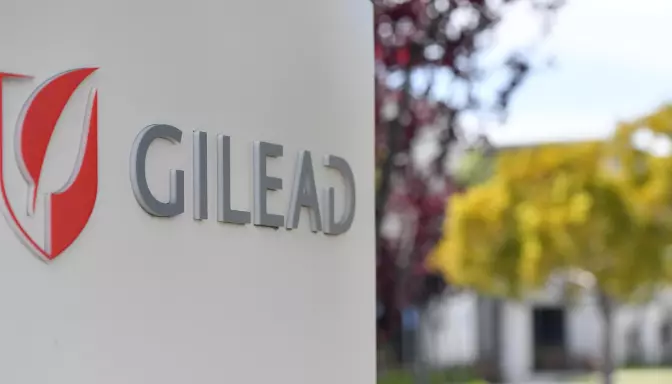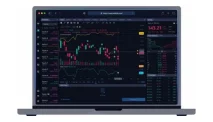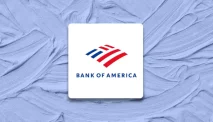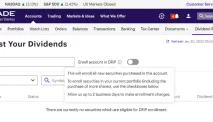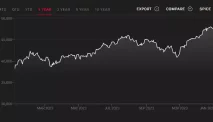Diksia.com - Gilead Sciences is one of the world’s leading biopharmaceutical companies, with a portfolio of innovative therapies for treating HIV, hepatitis B, hepatitis C, and certain cancers. The company also made headlines in 2020, when its antiviral drug Veklury (remdesivir) became the first approved treatment for COVID-19 in the U.S. In this article, we will explore the strengths, weaknesses, opportunities, and threats of Gilead stock, and why it might be a good investment for the long term.
Strengths: A Strong Cash Flow and a Diversified Pipeline
One of the main strengths of Gilead stock is its strong cash flow, which allows the company to invest in research and development, acquire new assets, and reward shareholders with dividends and buybacks. In the third quarter of 2023, Gilead generated $6.5 billion in operating cash flow, up 13% year-over-year, and returned $2.9 billion to shareholders. The company also has a solid balance sheet, with $25.8 billion in cash and equivalents, and $23.9 billion in debt as of September 30, 2023.
Another strength of Gilead stock is its diversified pipeline, which includes more than 40 clinical programs across various therapeutic areas. Some of the most promising candidates are:
- Trodelvy, a first-in-class antibody-drug conjugate for treating triple-negative breast cancer and other solid tumors. Gilead acquired Trodelvy’s developer, Immunomedics, for $21 billion in 2020, and expects the drug to generate peak annual sales of more than $10 billion.
- Lenacapavir, a long-acting injectable for treating HIV. Lenacapavir is currently in phase 3 trials, and could be a game-changer for patients who are resistant to or intolerant of existing therapies.
- Tirzepatide, a dual GLP-1 and GIP receptor agonist for treating type 2 diabetes. Tirzepatide is being developed in collaboration with Eli Lilly, and has shown superior efficacy and safety compared to existing treatments in phase 3 trials.
- Magrolimab, a first-in-class anti-CD47 monoclonal antibody for treating myelodysplastic syndrome and acute myeloid leukemia. Magrolimab is being developed in partnership with Forty Seven, which Gilead acquired for $4.9 billion in 2020, and has received breakthrough therapy designation from the FDA.
Weaknesses: A Declining HIV Franchise and a Competitive Landscape
One of the main weaknesses of Gilead stock is its declining HIV franchise, which accounts for more than half of its total revenue. Gilead’s HIV drugs face increasing competition from generic versions, as well as from newer entrants such as ViiV Healthcare, a joint venture between GlaxoSmithKline and Pfizer. In the third quarter of 2023, Gilead’s HIV product sales decreased by 7% year-over-year, to $3.8 billion.
